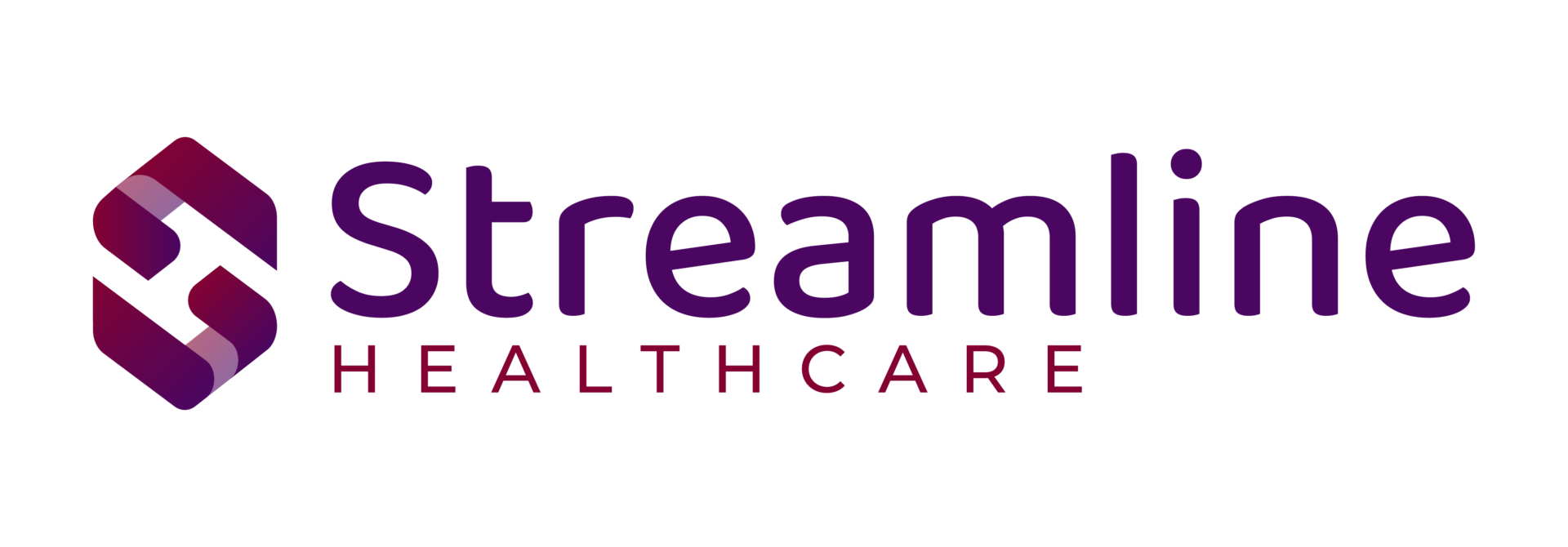One growing trend in the business side of healthcare has been the combination of payer organizations and healthcare providers to create entities known as “payviders.”
The idea of a payvider first originated in the 1990s. Some longstanding examples of payviders include California-based Kaiser Permanente or Pennsylvania-based Geisinger Health System. Other payviders have emerged in recent years in a variety of ways:
- A payer organization acquires a healthcare provider
- A healthcare system launches their own health plans, such as when the health system is a major employer in their region
- One health provider contracts or partners with another to provide additional services
Benefits of a Payvider
The creation of a payvider can help fulfill numerous goals, such as reduced financial risk, increased profitability for the organizations involved, and higher quality care. Many payviders are being created in response to the emphasis on value-based care (VBC).
In her series on payviders for Digital Health Buzz!, Dolita Bhagat pointed out that many rising payviders are focusing on Medicare Advantage (MA) and Managed Medicaid. This is a growing market due to the move to VBC and an aging patient population looking for more convenient care with lower costs.
Creating a payvider organization could help healthcare providers achieve greater operational efficiency and population health management. Providers that become payviders through MA plans could also benefit from additional revenue sources from member premium amounts, the potential for bonus payments based on care quality, and low barriers to market entry. Payviders could also see more opportunities for direct-to-consumer marketing.
Payviders in Behavioral Health: CCBHCs and DCOs Partnerships
In the realm of behavioral health, Community Behavioral Health Clinics (CCBHCs) may become payviders by contracting with Designated Coordinating Organizations (DCOs).
A program established by the Protecting Access to Medicare Act created CCBHCs to help expand access to mental health and addiction care in community-based settings in the United States. CCBHCs are responsible for providing the following nine services:
- Comprehensive screening, risk assessment, and diagnosis
- Patient-centered treatment planning
- Comprehensive outpatient mental health and substance use services
- Crisis mental health services
- Primary care screening and monitoring of key health indicators
- Targeted case management
- Psychiatric rehabilitation services
- Peer and family supports
- Community-based mental health care for veterans and members of the armed forces
The first three services listed can only be provided by the CCBHC directly. The remaining six services, however, may be provided through DCOs.
Creating a CCBHC and DCO Partnership
The CCBHC remains clinically responsible for all care provided, according to the Substance Abuse and Mental Health Services Administration (SAMHSA). However, a DCO is not considered to be under CCBHC’s direct supervision, but in a formal contractual relationship.
The Department of Health and Human Services (HHS)’s criteria for CCBHC certification also must be applied to the partnership between the CCBHC and the DCO.
- Services provided by DCOs must meet the requirements for CCBHC services, plus any state-implemented requirements.
- DCO-provided services must meet certain Affordable Care Act requirements for home and community-based services.
- Any CCBHC consumers who receive services from a DCO must have access to the CCBHC’s existing grievance procedures.
Reimbursement for CCBHCs and DCOs
CCBHCs are required to meet certain standards regarding quality reporting, governance, staffing, access to care, and care coordination. For this, CCBHCs receive an enhanced Medicaid reimbursement rate based on their anticipated costs of care. This methodology is known as a Prospective Payment System (PPS).
Under PPS, providers can establish an encounter rate that includes current and anticipated costs of care. This includes staff salaries, technology costs, and services delivered outside of the physical clinic, as well as contracted DCO services.
DCO encounters are treated as CCBHC encounters under the PPS methodology. The CCBHC is financially and clinically responsible for DCO services, making the CCBHC a payvider.
Succeeding as a Behavioral Health Payvider
Becoming a payvider in behavioral health may require significant reorganization for healthcare organizations, including adjustment of payment, business, and even care models. Payviders must focus on quality metrics, efficiency, cost reduction, and information sharing, all of which will require significant investment in technology strategies.
CCBHCs that contract with a DCO, or any other behavioral health providers that pay for health services, should take the following steps:
- Adopt appropriate technology and other infrastructure for collecting data and practicing clinical documentation
- Implement models for managing population health and medical risk
- Use appropriate communication strategies that build client loyalty and encourage medication adherence, chronic disease management, and other healthy habits that lower costs and improve quality
- Manage revenue and clinical data with effective workflows
Successful balance between providing services and reimbursement requires the right technology infrastructure. With Streamline Healthcare’s SmartCare solution, users have access to a full electronic health record (EHR) for providing services, as well as a full MCO for paying and coordinating outside providers. This web-based technology solution has been developed to offer full integration of all inpatient, outpatient, and community-based departments seeking a more holistic approach to providing services. Contact the Streamline team today to learn more about the benefits of SmartCare.




